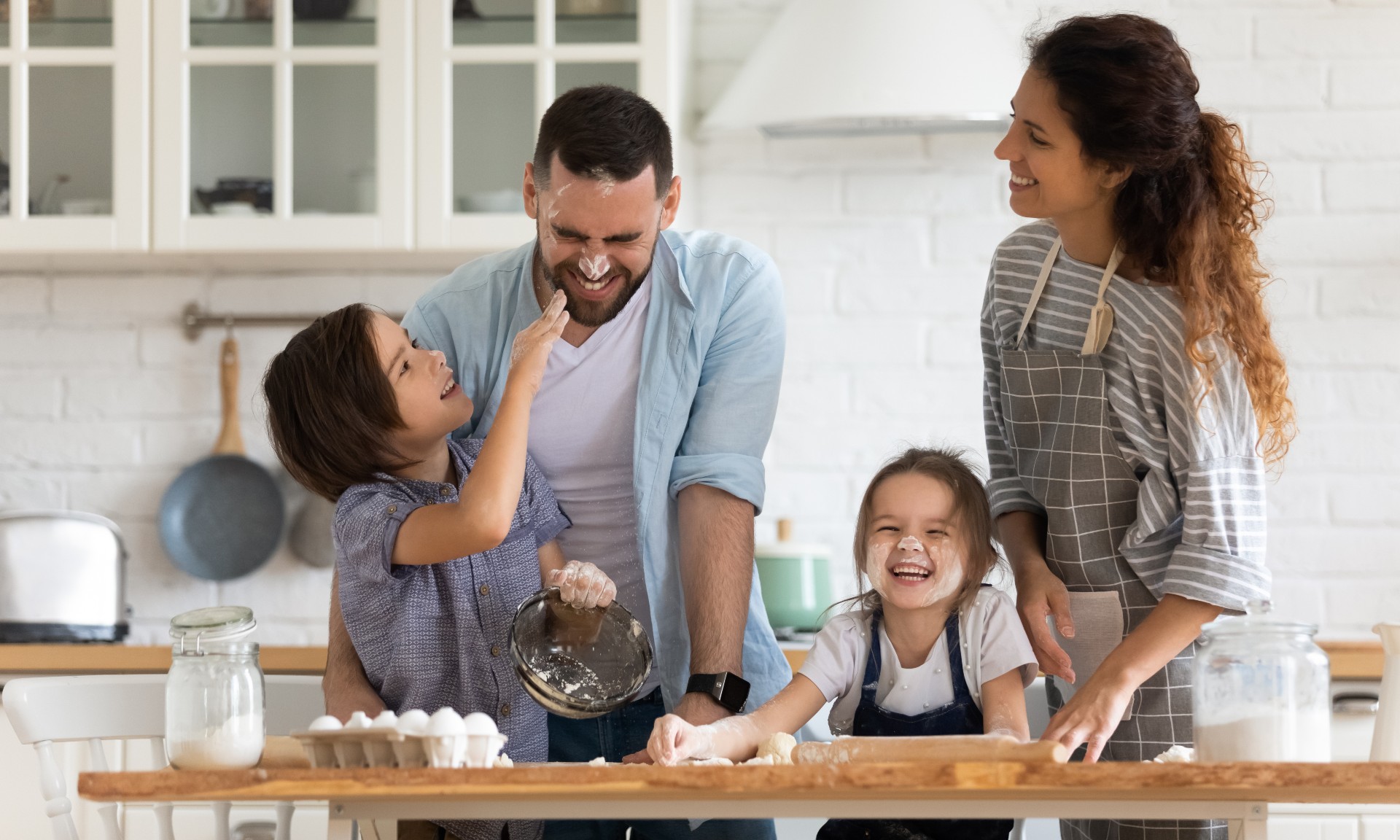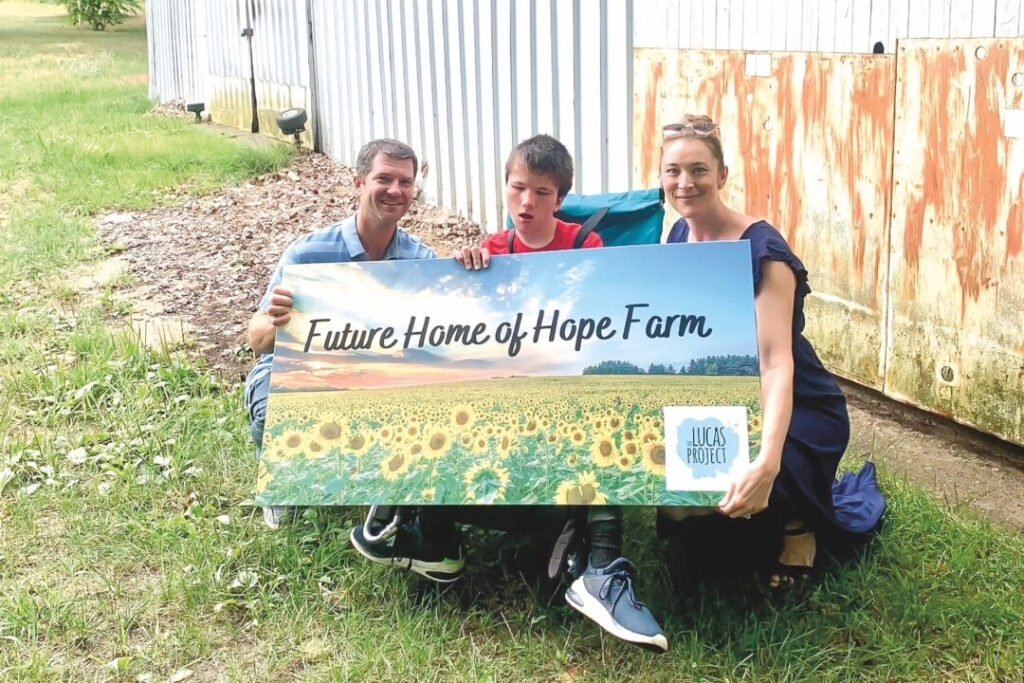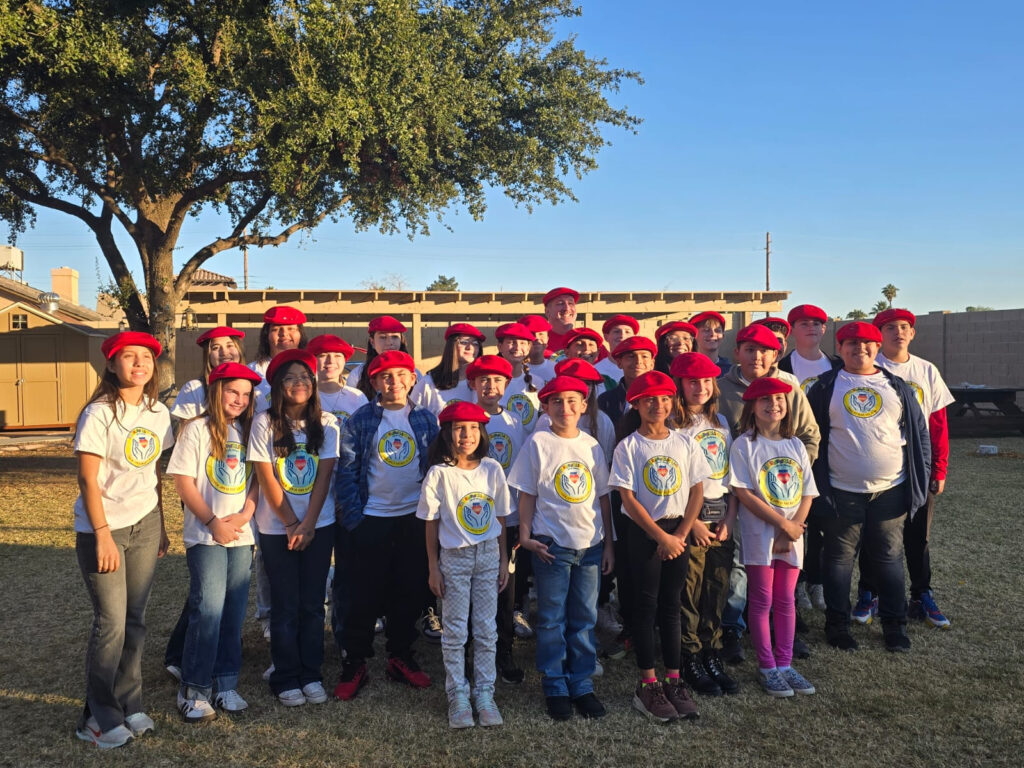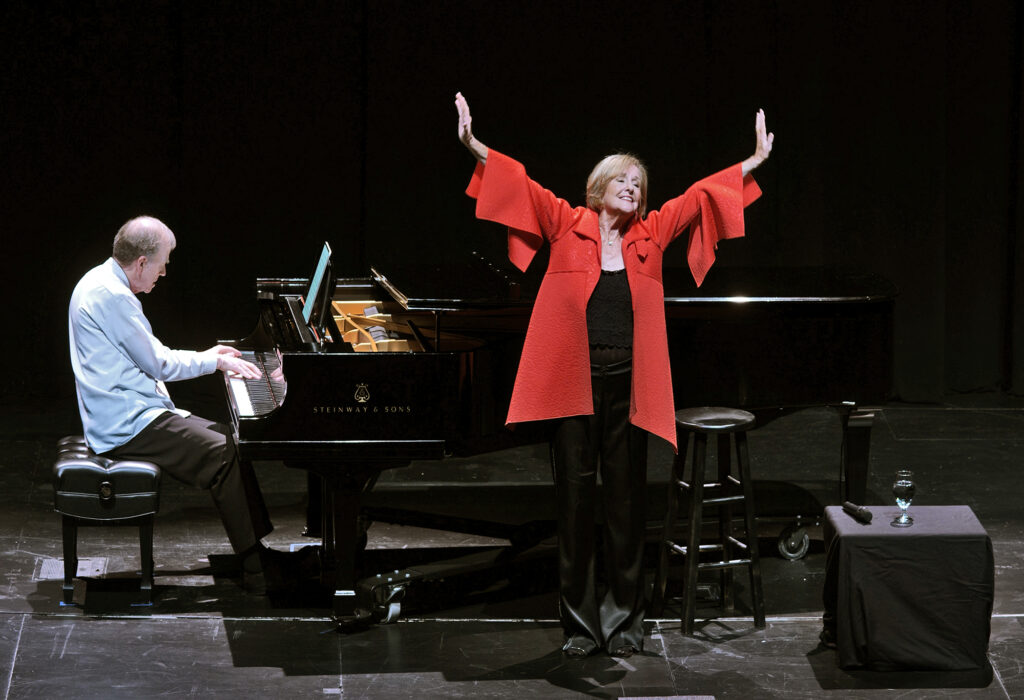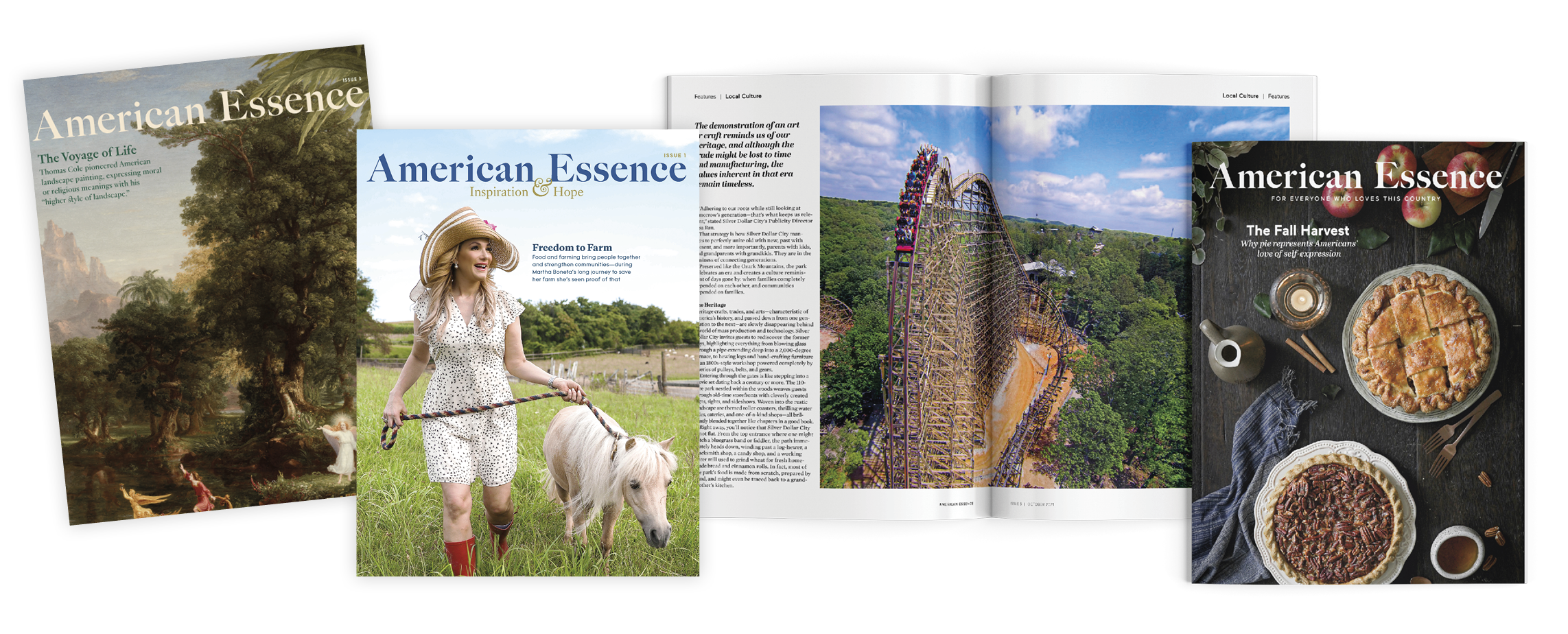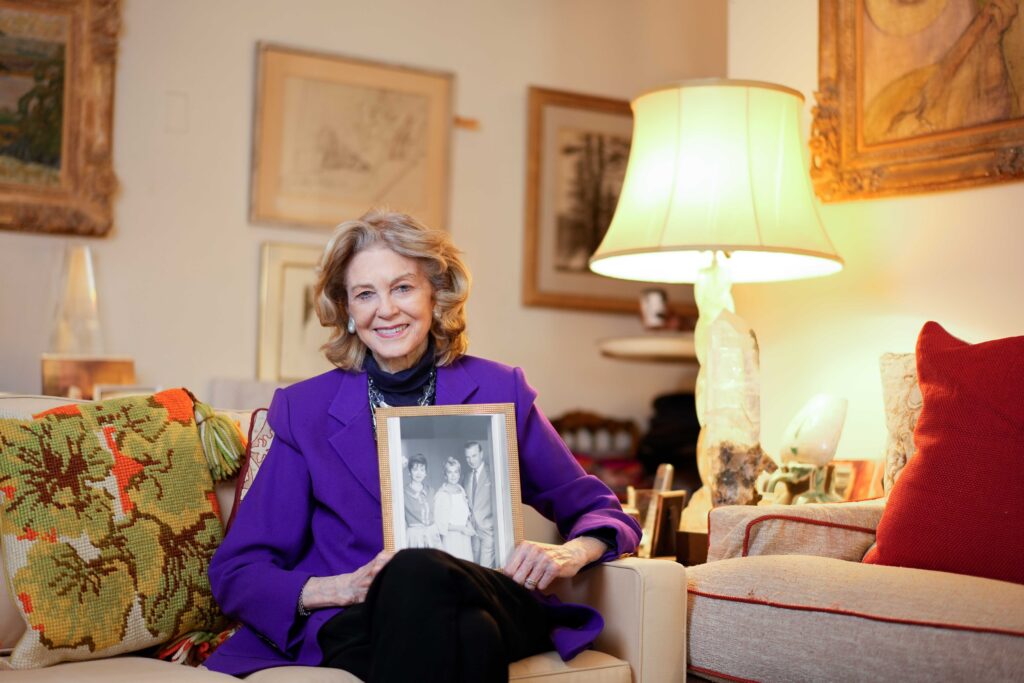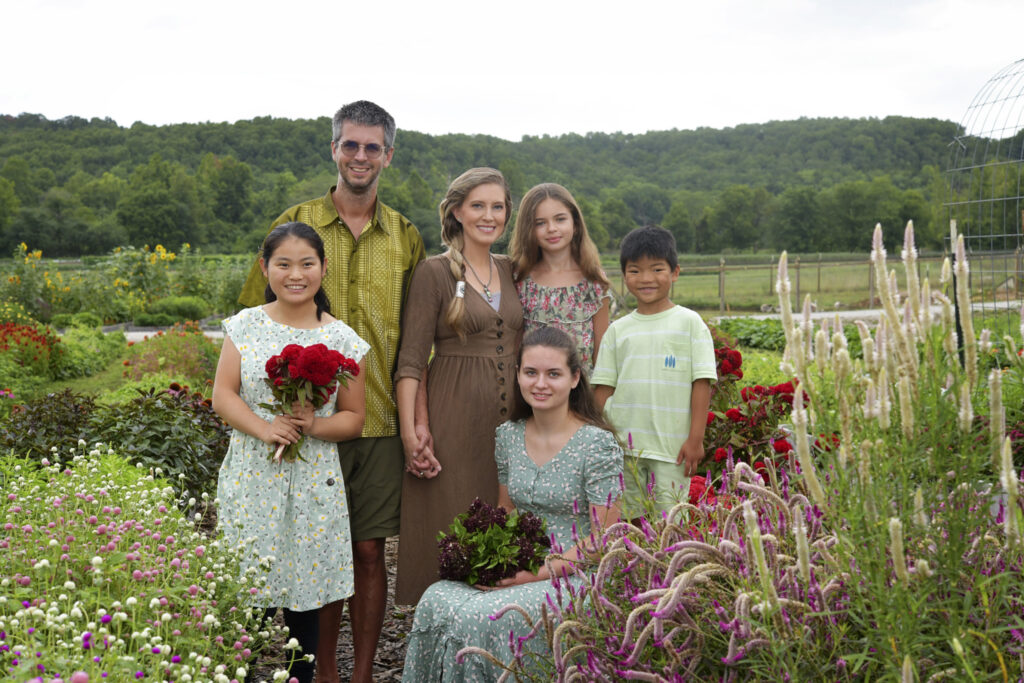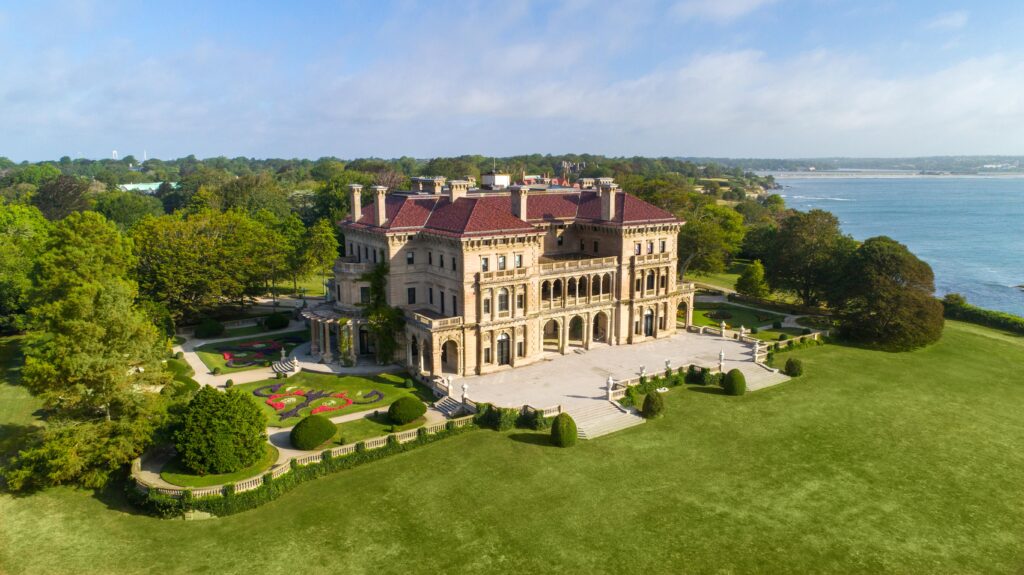Timing is a funny thing. It’s good to be aware of it. As my young adult children left home, I took up new interests; joined a new magazine blog, took art and design courses, and since it was the new way college kids were communicating, joined Facebook to keep up with mine. In light of my empty nest, visiting online was uplifting and fun. I loved connecting with friends, sharing photos and ideas, giving and receiving inspiration. It was refreshing. There’s no doubt that Facebook helped me through that tough adjustment.
But, as the Bible reminds us, “To every thing there is a season, and a time to every purpose under the heaven.” What worked for yesterday doesn’t always work for today. My season with Facebook was over. My children had left it years earlier … they’re parents now. But I’d been checking in habitually for something no longer there. Overall, the tone of Facebook had changed radically, in a way that didn’t suit my temperament. Online manners were appalling, and thus affected my mood and well-being. I wasn’t living my best life.
One morning I found myself talking with my brother-in-law’s twin, Matt, on an unrelated issue, but the subject came up. “I deactivated,” he said. “I didn’t delete; I want my pictures one day. I use the time for audiobooks and other things. I’ve found it therapeutic to remove myself from social media. Facebook makes money manipulating feeds and emotions, and it’s not healthy.”
Having experienced it, I couldn’t disagree. When I asked if he missed the connection with his friends, he said, “It’s much better to pick up the phone or go see people.”
So simple—so like it used to be when I felt happier. My time on Facebook was over; so without regret, I deactivated and deleted the app. A calm silence took its place initially, until I experienced my first withdrawal symptom—going back with embarrassing frequency to the app’s old site on my iPad, as if it were still there. Sure, that was to be expected, old habits die hard.
But old habits can be used to develop new habits. By the second day, I knew I needed to replace Facebook’s vacant spot with something I wanted to pursue … Bible reading. As long as I was going to repeatedly return to the same spot, it was helpful to have a new behavior to engage in. So I relocated my bible app to the newly vacated location, and instead of coming up empty in each ‘seeking’ journey, I found something substantial and helpful instead. My outlook and sense of self brightened—that was a good move. I highly suspect it was not really my idea and most likely divine intervention, a call to something better. In addition to the time I had reclaimed, I regained energy.
Soon I experienced a popcorn effect of change. The Bible app was the first ‘pop,’ and a day or two later, I started listening to more audiobooks. ‘Pop, pop, pop,’ more ideas awakened. It was time to learn to make banana cream pie—which, it turns out, wasn’t hard. Why had I waited so long?
Inspiration greeted me as I emerged from my stupor, and pretty soon the popcorn was at full pop. Possibilities abounded. I rediscovered the joy in practicing my instruments and in my needlework. My kitchen beckoned. I was taking new joy in the simple pleasures of cooking and baking. Soon my increased cooking drew my recent-bachelor neighbor over, and my husband and I would sit outside with him at the patio table to share a meal. That began a ripple effect: His children and our grandchildren would gather around us, and soon they became friends.
Tactile activities gave me new pleasure. I loved the sounds involved in playing ping-pong, loved the sound of my knitting needles in action, cooking sounds, and just silence. My husband, Michael, and I started using our outdoor fire pit at unusual times, like at morning coffee.
As a byproduct of enjoying more peace, I sleep better. Sleeping works wonders on your nervous system and cognitive function. My concentration increased, as did my ability to become engrossed in an activity. After a few weeks of being more rested, I conquered a very difficult passage in a piano piece that used to frustrate me, and began learning new songs.
At lunch, my daughter-in-law, Rebekah, talked about exiting Facebook. “At first, I felt guilty,” she said, “like I was keeping secrets. But then it felt wonderful to not put my business out there for everyone to know.” Sweet privacy. We need connection, but we don’t need to share our current lives with everyone we’ve ever known.
Friends and family members have, at times, been triggered into anxiety by being misunderstood or by something hurtful somebody said online. Try as they might, overcoming quickly enough to enjoy their evening or to sleep well was easier said than done. I don’t miss the triggers. Once an emotional fire is put out, sufferers vow to stop playing with matches, but somehow fires will always flare up.
My friend, Carla, often thinks of quitting. “I don’t like ‘quickly checking into my account’ and then realizing two hours have gone by and I have nothing to show for them. I hate wasting my time like that. Before bed, I regret how I spent my day. There was so much I could have done instead.”
Karthi, a friend who helped me realize the vast difference in my post-Facebook life said, “The real value in your quitting is that you’ve discovered newfound peace and freedom. You’re knitting, sewing, reading, learning the cello, cooking, sleeping better. You’re doing what you want. Social media can be so addictive, and we don’t realize what we’re missing out on. Please write an article about it!”
Matt’s sage words he spoke the day I quit are still with me. “Don’t be a victim of social media manipulation; it’s way more powerful than you realize.”
Chicago-born, Boston University-educated, first-generation American, and freelance writer Evelyn Glover has traveled the world with her college-sweetheart husband of 34 years. They live near their grandchildren in Franklin, Tennessee, where they pursue and teach many varied arts: writing, cooking, painting, needlework, piano, and cello.

